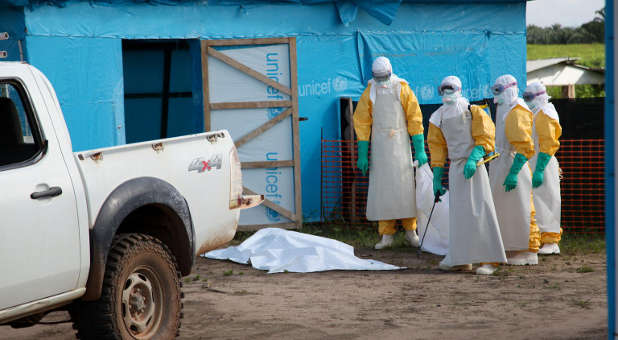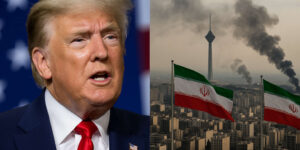How You Can Help Stop Ebola From Spreading
There have been 8,033 confirmed or suspected cases of Ebola and more than 3,879 deaths attributed to the current outbreak in West Africa, the World Health Organization reports.
The first man to be diagnosed with Ebola in the USA died Wednesday.
Aid workers are providing everything from medical care to protective gear to education as the Ebola virus continues to spread.
How can you help?
The following is a list of organizations responding to the Ebola outbreak on the ground. All of the charities listed have received three- and four-star ratings from Charity Navigator:
UNICEF
In addition to providing supplies, UNICEF has launched a campaign to tell people about how Ebola is transmitted and how it can be prevented.
About 400 UNICEF staffers are working on the ground in West Africa. Communication is largely done door-to-door.
UNICEF estimates it needs $200 million in funding for its immediate Ebola response efforts. So far, the organization has raised more than $40 million, said Caryl Stern, president of the U.S. Fund for UNICEF.
“The main thing we need right now are dollars,” she said. “Many times, people say, ‘I want to send shoes or coats.’ But the cost of getting something there is more expensive than sourcing it more locally.”
Operation Blessing International
One of the top needs in the Ebola response? Chlorine.
The nonprofit sent five chlorine generators to Liberia for hand washing and to disinfect surfaces, producing about 440 gallons of chlorine a day, said Bill Horan, president of Operation Blessing.
“Soap and water is better than nothing, but chlorine and water is what will kill the virus and stop the spread of Ebola,” Horan said.
Operation Blessing staff and volunteers are distributing chlorine to the Liberian government and directly to residents, he said.
The non-profit is shipping another generator later this month, this one with the capability of producing 640 gallons of chlorine a day, Horan said.
International Medical Corps
IMC operates a 70-bed Ebola treatment facility in Liberia and is opening a 50-bed facility in Sierra Leone by month’s end, said Margaret Aguirre, head of global initiatives for the organization.
These facilities are expensive to run. The Liberia center costs $1 million per month and requires 200 staffers when the facility is at full capacity, Aguirre said.
In addition to doctors and nurses, IMC is deploying water and sanitation experts, she said.
The organization currently has about 300 staffers in West Africa and is sending hundreds more to help in response efforts, Aguirre said.
Save the Children
Save the Children has health ministries in Liberia, Sierra Leone and Guinea. The nonprofit has trained health workers and community members about how to limit their risks, according to its website.
Doctors Without Borders
The organization has more than 3,000 staff working in the region, according to an email from Tim Shenk, spokesman for the organization. Doctors Without Borders runs six Ebola management centers with more than 600 hospital beds in isolation, according to Shenk’s email.
Jolie Lee writes for USA Today.
Copyright 2014 Religion News Service. All rights reserved. No part of this transmission may be distributed or reproduced without written permission.




























































